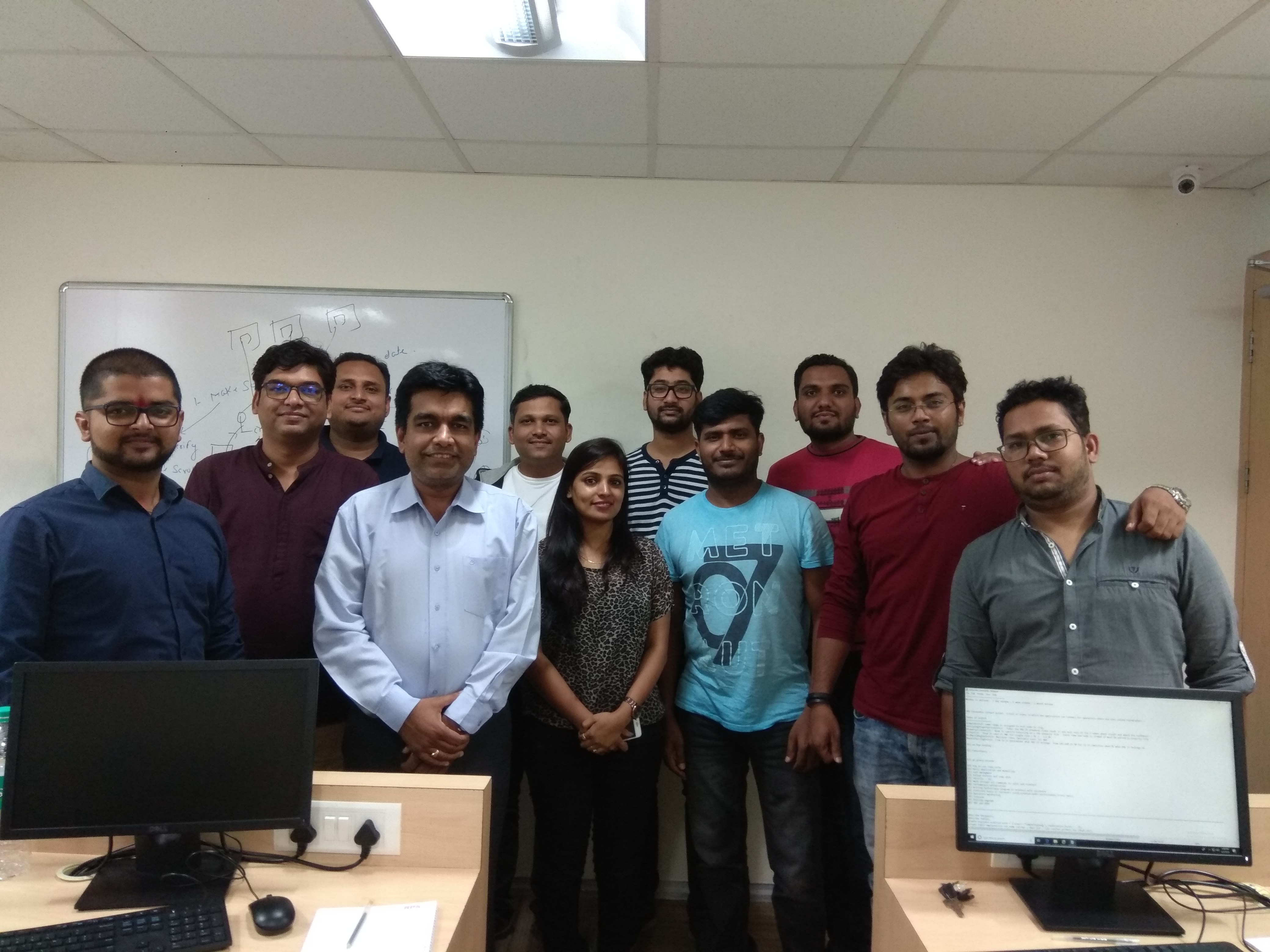Overview of NoSQL Databases
- Datastore design considerations
- Relational v/s NoSQL stores
- Entities, Relationships and Database modeling
- When to use Relational/NoSQL?
- Categories of NoSQL stores
Examples of NoSQL stores
Data Formats
- What are Data Formats?
- Difference between Data Formats and Data Structures
- Serializing and de-serializing data
- The JSON Data Format
- BSON Data Format
Advantages of BSON
MongoDB Basic Concepts
- Servers
- Connections
- Databases
- Collections
- Documents
- CRUD
Indexes
Querying MongoDB
- Query Expression Objects
- Query Options
- Cursors
- Mongo Query Language
- Dot Notation
Full Text Search
Indexing and Aggregation
Introduction to Indexing
Scaling Indexes
Indexing Keys in Embedded Documents
Unique Indexes
Compound Unique Indexes
Using explain and hint
Changing Indexes
Geospatial Indexing
Aggregation : Count and distinct,
Group
MapReduce
Setting up MongoDB and Java
Setting up Eclipse to work with MongoDB
Working with Databases and Collections
Creating documents
Performing queries
Working with aggregation API
Administration
Starting and Stopping MongoDB
Starting from the Command Line
Database Commands
Capped Collections
GridFS: Storing Files
Security and Authentication: Authentication Basics, How Authentication Works and Other Security
Considerations
Backup and Repair: Data File Backup, mongodump and mongorestore,fsync and Lock,Slave
Backups and Repair
Monitoring: Using the Admin Interface, serverStatus, mongostat and ThirdParty PlugIn
MongoDB Performance Optimization
Replication and Sharding
Replication
MasterSlave Replication
Adding and Removing Sources
Replica Sets
Nodes in a Replica Set
Using Slaves for Data Processing
How It Works
The Oplog
Syncing
Replication State and the Local Database
Blocking for Replication
Administration
Diagnostics
Changing the Oplog Size
Replication with Authentication
Introduction to Sharding
Autosharding in MongoDB
When to Shard
The Key to Sharding: Shard Keys
Sharding an Existing Collection
Incrementing Shard Keys Versus Random Shard Keys
How Shard Keys Affect Operations
Setting Up Sharding
Starting the Servers
Sharding Data
Production Configuration
A Robust Config
Many mongos
A Sturdy Shard
Physical Servers
Sharding Administration: scenarios on Replication, Sharding, DR and trouble-shooting approaches
config Collections Sharding Commands
Monitoring and Trouble Shooting
Enabling and Disabling Journaling
· Killing current operations
· Moving collections across mongod
· Using Mongostat
· Using mongotop
· Monitor Journal status
· Using database profiler
· Moving database/collections into RAM
· Compacting data
Backup and Recovery
· Backup using Filesystem Snapshot
· Mongodump/mongorestore
· mongoimport/mongoexport
· Backup ReplicaSet
· Backup Shard Cluster
· Backup collections/database
· Backup and Restore Remote mongodb instance
Op Manager
- Installation of Op Manager
- Importing Mongos, config servers and shards
- Patching mongos nodes with shards without outage
- Importing new mongo version to Op Manager
- Upgrading Op Manager
- Adding node to existing mongo cluster
- Creating new cluster using Op Manager
- Manging user groups in the cluster
- Trouble shooting Mongo Cluster performance issues with peak traffic.
- Rolling out the updated changes in Mongo Nodes


